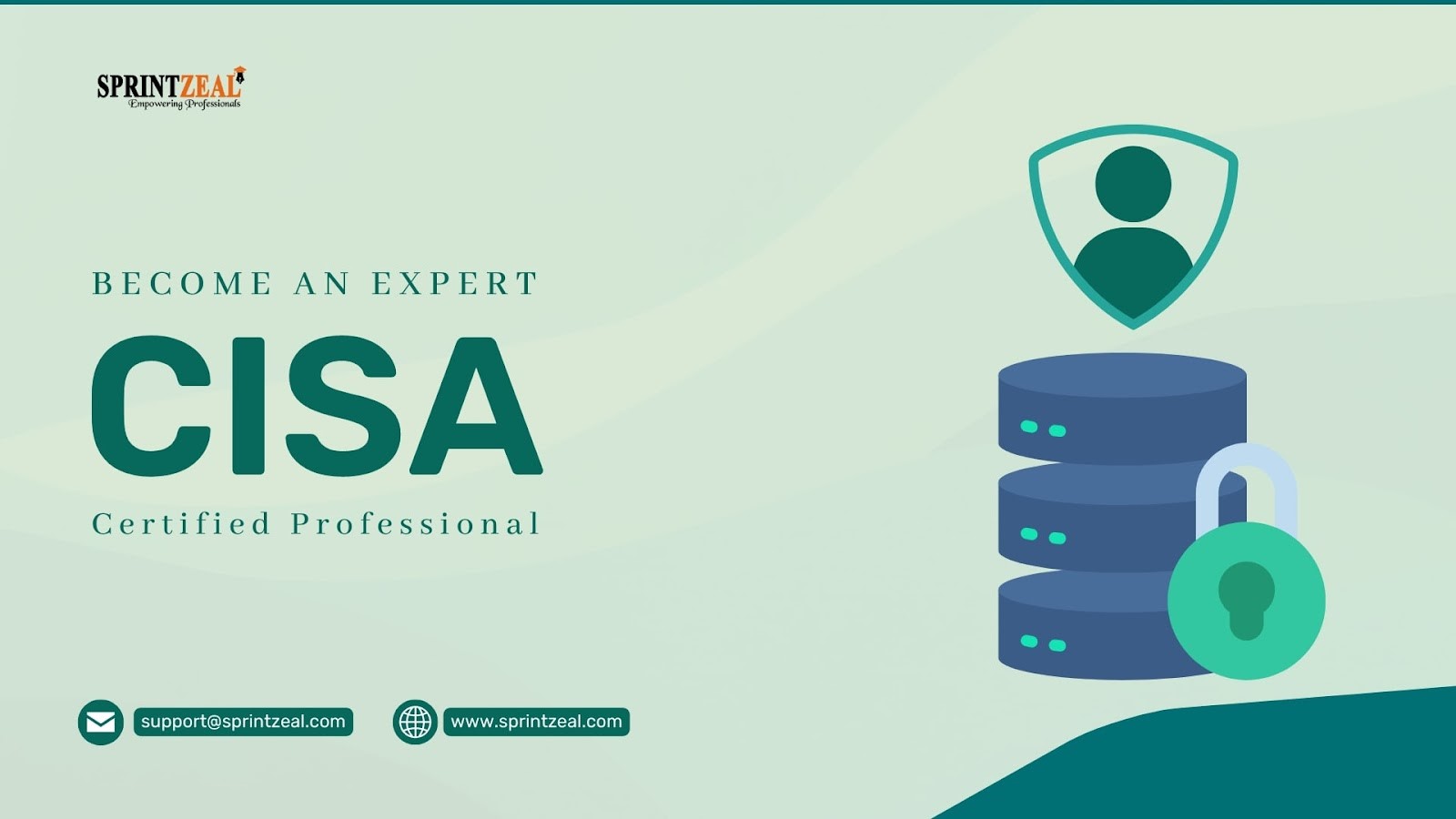Introduction
In today’s digital landscape, organizations are faced with increasing challenges related to information security and risk management. To effectively address these challenges, professionals with a deep understanding of information systems auditing, control, and security are in high demand. The Certified Information Systems Auditor (CISA) certification is recognized worldwide as a leading credential for individuals working in the field of information systems auditing.
Obtaining a CISA certification not only validates your expertise but also equips you with a comprehensive skill set and competencies that are highly sought after by employers. In this blog post, we will explore the key skills and competencies developed through CISA certification and understand how they can enhance your career prospects in the ever-evolving domain of information systems auditing.
Proficiency in Information Systems Auditing
One of the core competencies developed through CISA certification is proficiency in information systems auditing. CISA candidates are trained to understand and apply auditing standards, guidelines, and best practices in the context of information systems. They acquire the ability to evaluate the design, implementation, and effectiveness of information systems controls and identify areas of vulnerability or non-compliance.
By gaining expertise in information systems auditing, CISA-certified professionals are equipped with the skills to conduct thorough assessments of an organization’s IT infrastructure, identify risks, and recommend appropriate controls. They become adept at evaluating the integrity, confidentiality, and availability of information assets, helping organizations strengthen their security posture and comply with regulatory requirements.
Risk Management and Governance
CISA certification also emphasizes the development of skills in risk management and governance. Professionals with a CISA certification gain the ability to assess and manage risks associated with information systems and understand the importance of aligning IT strategies with organizational goals and objectives.
CISA-certified individuals learn to identify potential risks, evaluate their impact, and develop effective risk mitigation strategies. They understand the significance of a strong governance framework in ensuring the efficient and secure management of IT resources. By developing competencies in risk management and governance, CISA-certified professionals contribute to enhancing organizational resilience, reducing vulnerabilities, and promoting a culture of risk-awareness throughout the organization.
Knowledge of Information Security and Control
Information security is a critical aspect of modern organizations, and CISA certification equips professionals with a strong foundation in this field. CISA candidates gain in-depth knowledge of information security concepts, principles, and best practices. They learn to identify and evaluate vulnerabilities in information systems, assess security controls, and develop effective security strategies.
Through their CISA training, professionals develop the skills to implement and manage information security programs, conduct security audits, and ensure compliance with relevant regulations and standards. They understand the importance of securing data, protecting against unauthorized access, and responding effectively to security incidents. With this knowledge, CISA-certified individuals play a vital role in safeguarding sensitive information and mitigating the risks associated with cyber threats.
Communication and Collaboration Skills
Effective communication and collaboration skills are essential for professionals working in the field of information systems auditing. CISA certification emphasizes the development of these skills to ensure that certified individuals can effectively interact with stakeholders, including clients, management, and technical teams.
CISA-certified professionals learn to present audit findings, recommendations, and reports in a clear and concise manner. They develop the ability to communicate complex technical concepts to non-technical stakeholders, bridging the gap between technical and business perspectives. Collaboration skills are honed through team-based projects and case studies, preparing CISA-certified professionals to work effectively in multidisciplinary teams and contribute to organizational objectives.
Conclusion
Obtaining a CISA certification offers numerous benefits, including the development of key skills and competencies highly valued in the field of information systems auditing. From proficiency in information systems auditing to risk management, information security, and communication skills, CISA-certified professionals possess a well-rounded skill set that allows them to excel in their careers.
Employers recognize the value of CISA certification as it demonstrates an individual’s commitment to professional growth and their ability to contribute effectively to organizational security and risk management efforts.Sprintzeal Whether you are aspiring to enter the field of information systems auditing or looking to advance your existing career, obtaining a CISA certification can provide you with the necessary skills and competencies to succeed in this dynamic and ever-evolving domain.









































